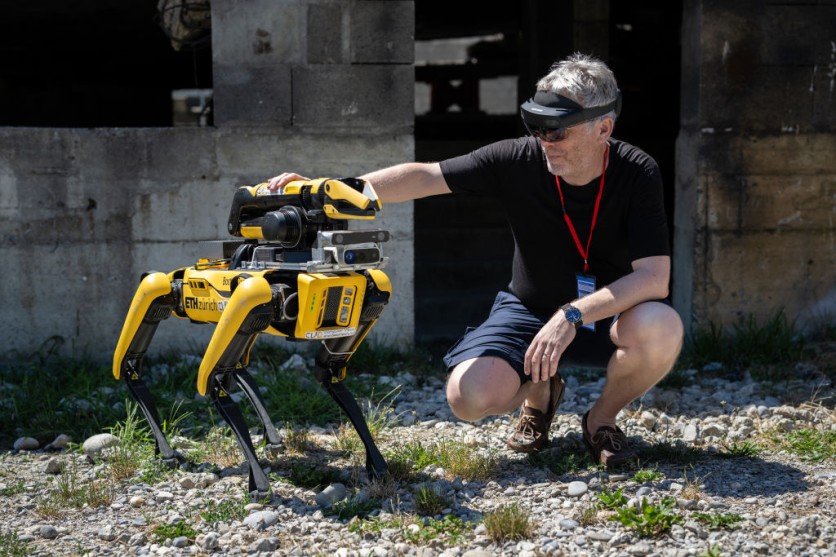In a landmark decision, the UK Supreme Court has ruled against naming artificial intelligence (AI) programs as inventors for patents, maintaining the laws on patents requiring an inventor to be a natural person.
According to Bloomberg, although the decision follows the same stance as decisions in the US and the European Union, it is the first ruling of its kind by any country's highest tribunal.

AI Machine DABUS 'Is Not a Person'
Imagination Engines Inc. founder Stephen Thaler has filed for patents to name his AI machine, DABUS, as the inventor. However, the Supreme Court unanimously rejected the appeal, emphasizing that "DABUS is not a person at all."
While aligning with international decisions, the ruling is crucial as it reflects the UK's position on AI's role in innovation, sparking discussions around safeguards and regulations in the rapidly advancing field.
Disappointed with the decision, Thaler had attempted to register patents in multiple countries, asserting that DABUS was the inventor of a beverage container and a flashing light.
Read Also : Revolutionizing EU Integration: Albania Partners With ChatGPT Maker OpenAI to Speed AI Initiative
What Legal Experts Have to Say
The judgment, however, raises concerns about the UK's ability to support industries heavily reliant on AI and potentially discourage the disclosure of inventions by AI tools. Legal experts argue that the current UK patent law may not effectively facilitate the country's goal of becoming a global center for AI.
Robert Jehan, a partner at the law firm Williams Powell, representing Thaler, noted that the ruling puts the UK at a disadvantage in supporting AI-dependent industries and suggests a need for legislative intervention to align patent laws with the country's AI aspirations.
Yohan Liyanage, a partner at law firm Linklaters, suggests that the issue might need to be revisited in the future, especially if the UK government is serious about establishing itself as an AI superpower.
The judgment emphasized that a person using AI to devise an invention can still apply for a patent as long as the person is identified as the inventor. The court concurred with the government's lawyers, who argued that allowing AI to be named as an inventor could lead to absurd scenarios, such as including "my cat Felix" or "cosmic forces" as inventors.
The UK's Intellectual Property Office noted that any changes to patent laws concerning AI would require international deliberations. While upholding the current stance, the government commits to reviewing the legal framework to ensure that the UK's patent system aligns with the evolving landscape of AI innovation and its applications in the country.
Related Article : Google's Imagen 2 Raises the Bar in AI Image Generation, Unveils Multilingual Text and Logo Rendering

ⓒ 2025 TECHTIMES.com All rights reserved. Do not reproduce without permission.




